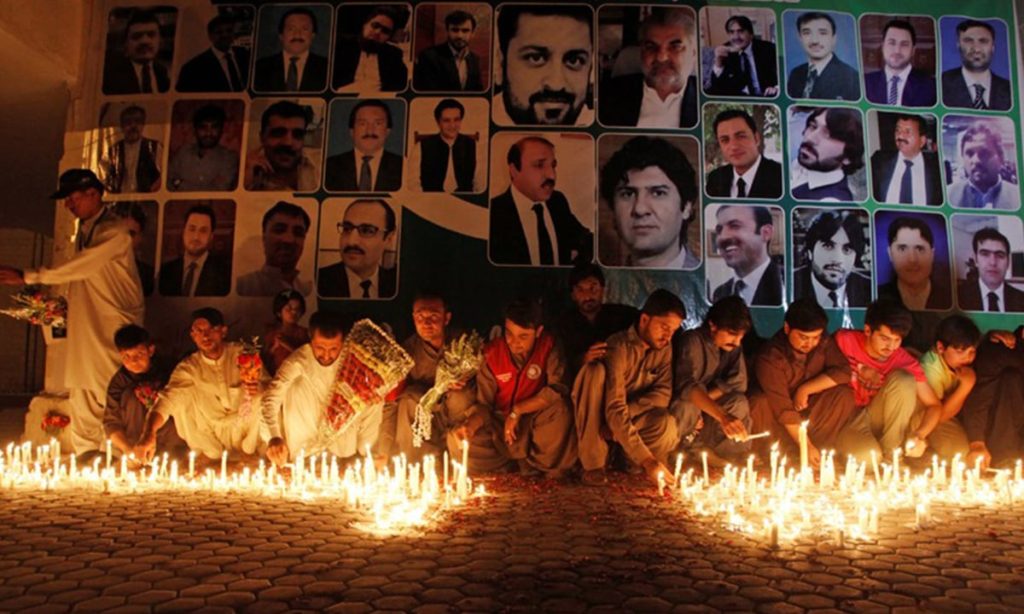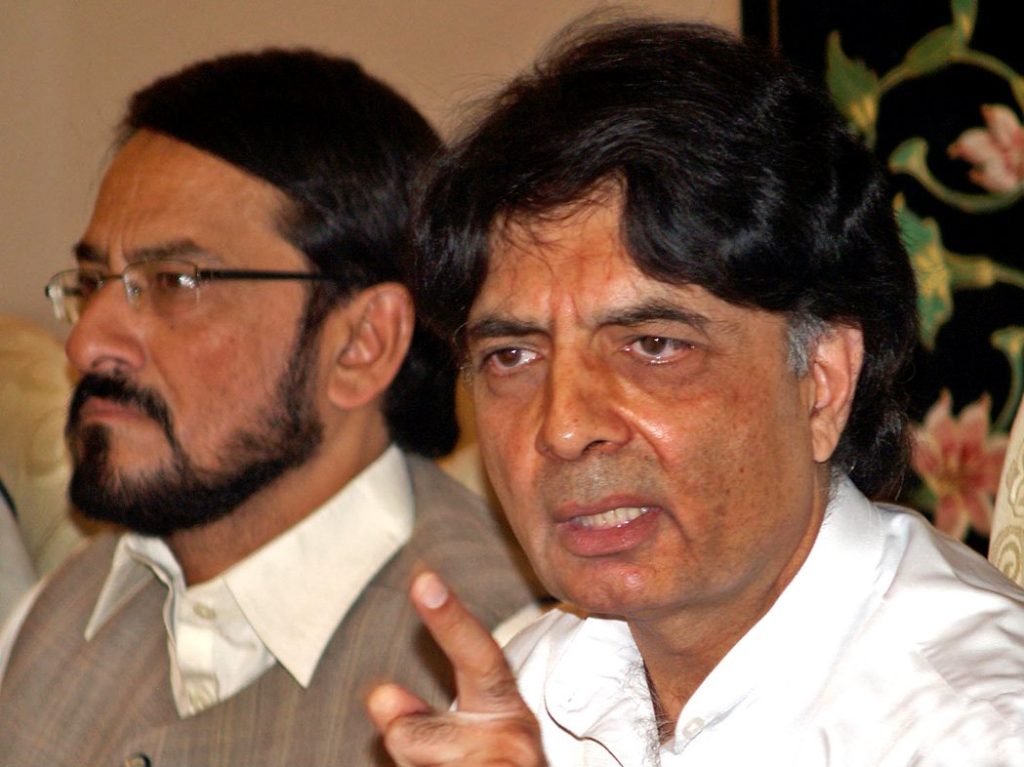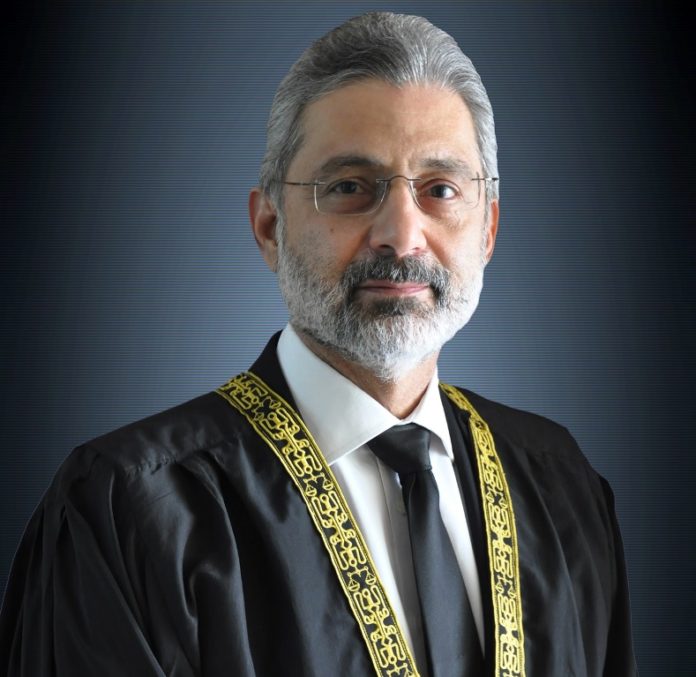The Judicial Commission comprising Justice Qazi Faez Isa that investigated the August 8 deadly terrorist attack in Quetta has reported ‘monumental failure’ of the Interior Ministry and Balochistan government towards combating terrorism. Even though there have been visible successes in the counter terrorism effort with regard to decrease in frequency of such attacks, terrorist outfits retain the capacity to carry out periodic high profile attacks. And 2016 was a bad year in this context. Though terrorists carried out high causality attacks against soft target in all provinces Balochistan was the worst hit province. While the government(s) are right in taking credit for some of the encouraging statistics, the Commission’s findings correctly indicate that gains are fragile and complacency could lead to reversals.
The Commission was constituted by the Supreme Court and its report was also made public on the court’s orders. It has reported that the ‘irresponsible’ post-attack statements of the Chief Minister and Home Minister Balochistan had undermined the credibility of the provincial government. As expected, the report stirred controversy leading to politicization of its content. The Balochistan government has taken the report relatively more sportingly than the federal interior ministry.
Had the report remained confidential, the controversial nature of the Commission would not have become public knowledge. And by not releasing the report for public consumption, the Supreme Court could have saved the Judicial Commissioner the agony of exposure to a situation in which it won’t be tenable for him to go public in his defence.
The Commission had become controversial even before it had been constituted, it was pointed out by the Balochistan government that the Supreme Court did not have legal cover to appoint such a Commission: “In case the inquiry contemplated by the court’s October 6 order is conducted, it would set a precedent which could seriously jeopardise the entire criminal justice system in the country.” The Provincial government had also brought to attention the futility of the commission: “the concurrent and contemporaneous conduct of (Commission led) investigation on the one hand and inquiry (provincial government instituted joint inquiry) on the other hand is likely to seriously prejudice, hinder, hamper and in effect negate the principles of the due process of law.” The provincial government had also voiced concern that “neither the precise powers to be exercised by the commission nor its terms of reference have been specified in the court’s October 6 order.” And that two parallel investigations could lead towards conflicting findings and thus create confusion. Trust deficit was also expressed against the Commissioner by the Balochistan government.
Most of the objections of the provincial government were, however, flimsy and keeping in view frequent recurrences of similar nature in Balochistan over the preceding months, the formation of Commission was indeed commendable. At the same time keeping in view the attitude of unacceptability demonstrated by the Balochistan government with regard to jurisdiction of the commission and finger pointing towards the persona of Justice Qazi, it would have been in the fitness of things to appoint some other person as Judicial Commissioner; and perhaps Justice Qazi could have himself opted out of this assignment.

Though most of the findings of the Commission related to shortfalls of our counter terrorism effort and inadequacies with regard to implementation of the National Action Plan (NAP), they are accurate and thus praiseworthy. The Commission, unfortunately, did indulge in commenting on additional matters to the extent of even including heresy in the findings, which led of erosion of report’s credibility.
Decision to make the entire content of the report public has contributed nothing towards avoiding the recurrence of similar nature. Purpose would have been better served if irrelevant personal remarks were expunged before releasing it to the public. The rubble it has roused may result in burying some very valuable findings of the Commission under the heaps of indignation of those who are responsible to implement the report. In all probability, the report may be consigned to dormancy.
The Commission has pointed out that “If the functionaries of the state had established a bank of forensic information on past attacks, and pursued the cases, they might have prevented the attacks of August 8.” And that through irresponsible press statements by CM Balochistan and his cabinet colleagues “fabricated leads were broadcast, disrupting the investigation and creating false expectations.” The Commission has also pointed fingers at the Federal Interior Ministry: “The ministry’s National Security Internal Policy is not being implemented”.
The Commission observed that no meeting of the Executive Committee of National Counter Terrorism Authority (NACTA) had been convened since December 31, 2014. There is need to find out why the interior ministry under the previous and current government has been persistently reluctant to let NACTA stand on its feet. The Commission pointed out that the NAP is not a plan in any structured or meaningful way, nor has its goals been monitored or implemented. May be the Commissioner was unduly harsh about this document of national consensus, though his assessment regarding its poor implementation are in order.
The Commission also correctly pointed out that the country’s western borders are not monitored, and even from the official crossings there is a free and unrestricted flow of people and goods, including terrorists, weapons, ammunition, and other contraband. It aptly proposed that entry into and departure from Pakistan be properly monitored.
The Commission pointed out that the Ministry of Religious Affairs and Inter-Faith Harmony is not fulfilling its most basic mandate for interfaith harmony. There is no registration or monitoring of madrassas. Touching the holy cow media, the Commission has observed that the media has a very few stories about the victims of terrorism. Media coverage seems to be centered on the propaganda of terrorists. The Commission has recommended that if the media broadcasts and propagates the views of terrorists, then those doing so must be prosecuted.
The Commission was of the view that solution to the menace of extremism and terrorism is straightforward: “Abide by the laws…It is an abomination to have laws, and not enforce them.”

The Interior Minister has rejected as ‘one-sided’ and has vowed to challenge it at every available forum. The opposition parties have submitted an adjournment motion in the National Assembly Secretariat seeking the resignation of the interior minister.
The Commission was apparently tasked to investigate the deadly attack, however, it chose to also venture into governance related issues and, in all probability and may be inadvertently, became a conduit for airing the system related grievances by Chief Secretary Balochistan. Certainly better forums than a typical judicial commission are available to reconcile such matters. And an officer of the stature of Chief Secretary should have had the courage to take a stand and settle such matters or quit, rather than venting his grievances against the system of which he is, and continues to be, an important member, rather than finding the shoulder of a judicial commission to lean against and cry.
The entire saga reflects how our governments (federal as well as provincial), institutions and agencies tend to exceed their rightful mandate and cross over into legitimate sphere of others. Also it lays bare another unfortunate reality that when genuine weakness are pointed out, governments and other entities go on the defensive and do everything to create an impression that such reports are not credible. The mud-slinging in the aftermath of the report has created a bad taste and left a common Pakistani feeling more insecure with regard to the governments’ assurances in the context of its counter terrorism effort.
Now all eyes are on the Prime Minister, hopefully he will a look at the matter with an apolitical lens and see that chaff is sifted from the corn. The national counter- terrorism effort stands to gain by implementing relevant findings and recommendations of the Commission.




